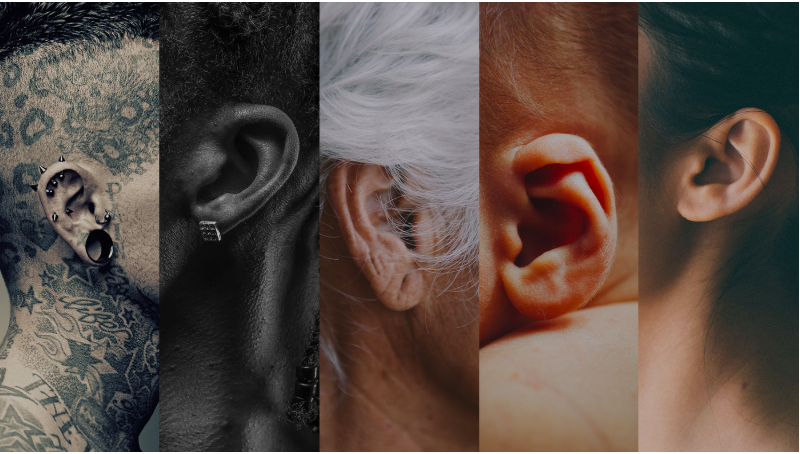How Can You Stand to Listen to Terrible Stories All Day Long?
When people ask me what I do and I tell them I’m a cutting edge trauma therapist, they’re often curious about the “cutting edge” part, however, what they really want to know is: How can you stand to listen to terrible stories all day long? The completely counter-intuitive answer is that cutting edge trauma therapists actually hear fewer terrible stories than therapists who do strictly talk therapy.
Titration
The reason for this is that we titrate the client’s sharing of their traumas. Titration means that we help our client slow down and deal with one part of a trauma at a time, working with a piece of their experience small enough for their nervous system to manage.
Usually when remembering an unresolved trauma, it runs through one's head like a nonstop video. As therapists we help our client separate out thoughts, feelings and body sensations—the three components that overwhelm us when experienced all at once. With titration we can slow the video down and even freeze-frame it. The strategy is divide and conquer.
We don’t have our clients just sit down and tell their trauma stories beginning to end. We don’t want a Pandora’s box experience in which we rip off the top of the box and all the things they are afraid of come roaring out. We find that it just re-traumatizes them and to what end? Most people have already told their stories over and over and now they’re coming to us because something in addition to talking is clearly needed.
Focus on Healing & Strengths
Our work isn’t about terrible stories but about healing. While we are doing trauma work, and carefully calibrating it so that we don’t overwhelm the nervous system, we are helping each client access strengths. Our work helps an individual move between the trauma and the resources or strengths that each person has.
These resources may be other people, animals, spiritual beliefs, the natural world, experiences that feed our souls and each individual’s own essential qualities. Accessing these resources helps to ground and center us in our bodies and in our lives in the present moment.
Hardwired to Restore Balance
Storytelling is only one part of the healing journey. We also have to unpack the negative beliefs, feelings and body sensations in order to access the aliveness of our hearts, minds and bodies.
The exciting thing is that our bodies are hardwired to be restored to balance and resilience, or to become balanced and resilient for the first time. Trauma impacts our thoughts, our feelings and our bodies. Our work, which goes beyond talk therapy to include the body where trauma is held, speaks directly to our bodies' abilities to re-regulate and feel normal again. It is an awesome process to be a part of.
We’ve Been There
We became trauma therapists because we have our own considerable trauma histories. We have a personal stake in this work because we have searched to find the best ways that helped us recover from our own traumas and help others. We believe in trauma recovery because we have personally experienced the positive impact in our own lives and have accompanied countless clients through their own healing.

